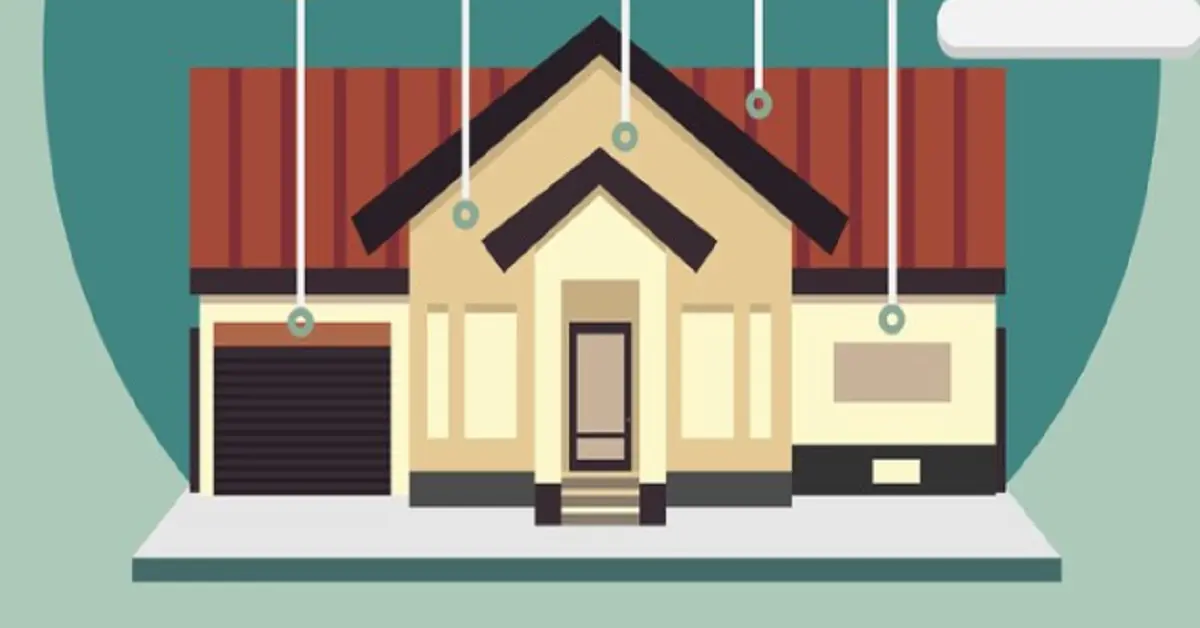A residential proxy is a type of proxy server that uses an IP address provided by an Internet Service Provider (ISP) to a homeowner. These proxies are linked to a physical location of a real device, making them appear genuine and improving anonymity. Many companies offer residential proxy services, which can significantly enhance your online experience. Here are some of the main benefits of using a residential proxy:
1. Increased Privacy and Anonymity
When you use a residential proxy, your real IP address is hidden, and the IP address of the proxy server is shown instead. This makes it much harder for websites, hackers, or other entities to track your online activities or identify your true location, providing a layer of privacy that keeps your online activities anonymous.
2. Bypassing Geographical Restrictions
Many websites and online services restrict access based on your geographical location. For example, some streaming services, online stores, and social media platforms might not be accessible in certain countries. By using a residential proxy, you can choose an IP address from a different location, allowing you to access content and services as if you were in that region.
3. Avoiding IP Blocking
Websites often detect and block IP addresses that send too many requests in a short period, which is common with data scraping or automated tasks. Residential proxies distribute your requests across multiple IP addresses, making it look like the traffic is coming from different users. This helps avoid IP blocking and ensures smoother browsing and data collection.
4. Improved Security
Residential proxies can enhance your online security. They act as a middleman between your device and the internet, which can help filter out malicious content and protect against cyber threats like phishing attacks, malware, and other online scams. This additional security layer is especially beneficial for businesses handling sensitive information.
5. Better Performance for Automation Tools
For businesses that rely on automation tools for tasks like web scraping, data mining, or social media management, residential proxies are essential. They provide a stable and reliable connection that reduces the risk of being blocked or detected by websites. This ensures that automation tools can run efficiently and effectively.
6. Ad Verification
Advertisers use residential proxies to verify that their ads are displayed correctly across different regions. By simulating the browsing experience from various locations, they can ensure their ads are reaching the intended audience and check for any fraudulent activities or improper placements.
7. Access to Localized Content
If you want to see how websites and online services appear to users in different locations, residential proxies are very useful. They allow you to browse the web as if you were in another country, providing insights into localized content, prices, and offers. This can be particularly useful for market research and competitive analysis.
Types of Residential Proxies
1. Backconnect Residential Proxies
These proxies allow you to browse the internet using another person’s IP address, provided by your ISP. They periodically switch between different IP addresses, offering maximum anonymity and security. This rotation helps avoid IP blocks and is particularly useful for tasks like web scraping. However, they can be costly and might have speed issues due to the constant switching.
2. Regular Residential Proxy
This type allows you to access a website through the same IP address regularly. Some websites might detect and block this regular IP address, but it is suitable for users with simple requests.
3. Static Residential Proxy
These use legitimate IP addresses provided by various ISPs. They offer stable and uninterrupted communication, as they do not switch IP addresses frequently. They are easier to set up and manage but can be expensive and harder to find, especially for extensive data scraping.
Considerations When Choosing a Residential Proxy
Budget: Residential proxies are not cheap. Compare prices from various providers to find the best package for your needs.
Reliability and Safety: Choose a reliable and secure proxy to protect your computer and business from malicious content.
Proxy Location: Use a proxy location closer to your physical location for better performance and to avoid flagged geo-locations.
Reason for Using the Proxy: Understand why you need the proxy to select the most suitable type.
Compatibility with Automation Tools: Ensure the proxy is compatible with your automation tools, such as SEO tools.
Site Unblocking Option: Verify that the proxy can access geo-restricted content without being flagged or blocked.
Speed: Ensure the proxy provides a stable and fast connection to avoid interruptions.
Conclusion
Using a residential proxy offers many advantages, including enhanced privacy, access to geographically restricted content, improved security, and better performance for automated tasks. Whether for personal use or business purposes, residential proxies provide a reliable and effective solution for navigating the internet safely and efficiently.
